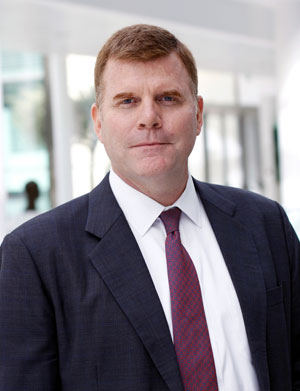The Asian Development Bank (ADB) – which has not worked with Burma for 24 years – has sent a top official to begin a process that could eventually lead to development loans.
 Stephen Groff, the ADB vice president for East Asia, Southeast Asia, and the Pacific, will meet with President Thein Sein, government ministers and opposition lawmakers during his four-day visit, said the Voice of America in an article on Tuesday.
Stephen Groff, the ADB vice president for East Asia, Southeast Asia, and the Pacific, will meet with President Thein Sein, government ministers and opposition lawmakers during his four-day visit, said the Voice of America in an article on Tuesday.
The bank said any resumption of lending to Burma is dependent on approval by ADB member nations, as well as the country's continued reform process and engagement with the international community.
In 2011, the bank distributed US$ 21.72 billion in approved financing. In the past six years, the bank has provided financing for building or upgraded over 135,000 classrooms; trained over 660,000 teachers; built or upgraded over 44,300 kilometers (km) of roads; installed or rehabilitated over 17,800 km of water supply pipes; improved over 1.8 million hectares of land as a result of irrigation, drainage, and flood management initiatives; installed 300 megawatts of new generating capacity, and built or upgraded more than 34,127 kilometers of transmission and distribution lines, according to the ADB website.
The ADB says Burma's per capita income is about $715 per person, and about 26 per cent of the people live below the poverty line on less than $1.25 per day.
Since its founding in 1966, ADB has helped member nations through investment in infrastructure, health care services, financial and public administration systems, or to better manage their natural resources.
The main devices for assistance are loans, grants, policy dialogue, technical assistance and equity investments.
Economists, sociologists, engineers, gender experts and environmental scientists take part in the bank’s projects with developing nations.
In the past months, many western governments, including the United States and Britain, have suspended or lifted long-standing financial sanctions against Burma in recognition of its recent reforms.



